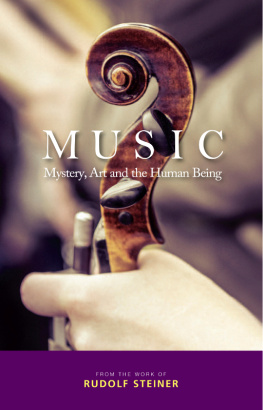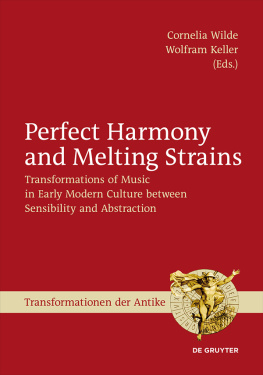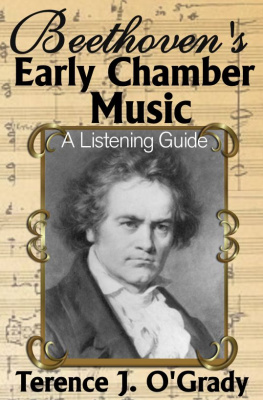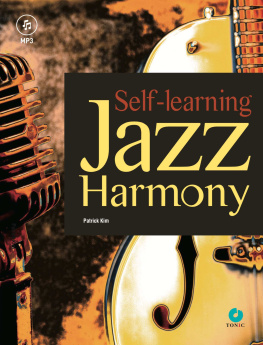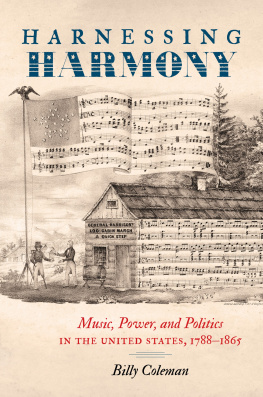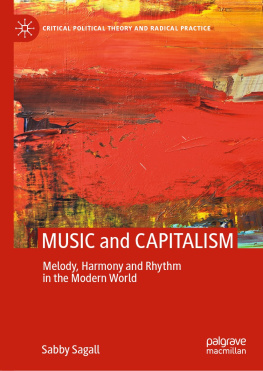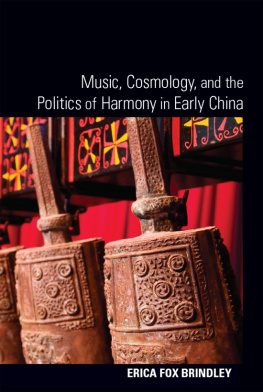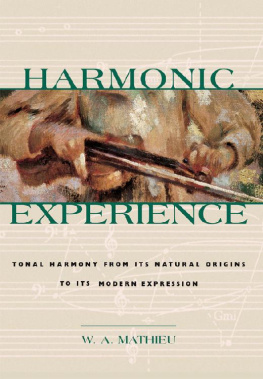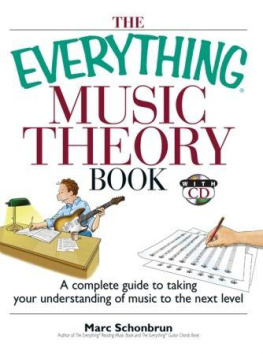Music and Power in Early Modern Spain
This book explores the representation of music in early modern Spanish literature and reveals how music was understood within the framework of the Harmony of the Spheres, emanating from cosmic harmony as directed by the creator.
The Harmony of Spheres was not ideologically neutral but rather tied to the earthly power structures of the Church, Crown, and nobility. Music could be true, taking the listener closer to the divine, or false, leading the listener astray. As such, music was increasingly seen as a potent weapon to be wielded in service of earthly centers of power, which can be observed in works such as vihuela songbooks, the colonial chronicle of the Inca Garcilaso de la Vega, and in the palace theater of Pedro Caldern de la Barca. While music could be a powerful metaphor mapping onto ideological currents of imperial Spain, this volume shows that it also became a contested site where diverse stakeholders challenged the Harmonic Spheres of Influence.
Music and Power in Early Modern Spain is a useful tool for upper-level undergraduates, postgraduates, and scholars interested in musicology, music history, Spanish literature, cultural studies, and transatlantic studies in the early modern period.
Timothy M. Foster holds a PhD in Spanish from Vanderbilt University and specializes in early modern Spanish literature. He has published on metafiction, Spanish influence in the Southwest and Great Plains, and the Camino de Santiago pilgrimage. He teaches Spanish in Oskaloosa, Iowa.
New Interdisciplinary Approaches to Early Modern Culture: Confluences and Contexts
Series Editors:
Carole Levin,
Marguerite Tassi,
This interdisciplinary series publishes manuscripts from a wide range of fields, including but not limited to literature, history, art history, musicology, philosophy, religion and political science, in order to cultivate a truly multifaceted understanding of the early modern period. This series offers innovative scholarship that models interdisciplinary methodologies to emerging scholars and students and publishes books that show how paradigm shifts in knowledge happen when disciplines cross-fertilize and share the fruits of their labor.
Kingship, Madness, and Masculinity on the Early Modern Stage
Mad World, Mad Kings
Edited by Christina Gutierrez-Dennehy
Women Talk Back to Shakespeare
Contemporary Adaptations and Appropriations
Jo Eldridge Carney
Music and Power in Early Modern Spain
Harmonic Spheres of Influence
Timothy M. Foster
Music and Power in Early Modern Spain
Harmonic Spheres of Influence
Timothy M. Foster
First published 2022
by Routledge
2 Park Square, Milton Park, Abingdon, Oxon OX14 4RN
and by Routledge
605 Third Avenue, New York, NY 10158
Routledge is an imprint of the Taylor & Francis Group, an informa business
2022 Timothy M. Foster
The right of Timothy M. Foster to be identified as author of this work has been asserted by them in accordance with sections 77 and 78 of the Copyright, Designs and Patents Act 1988.
All rights reserved. No part of this book may be reprinted or reproduced or utilised in any form or by any electronic, mechanical, or other means, now known or hereafter invented, including photocopying and recording, or in any information storage or retrieval system, without permission in writing from the publishers.
Trademark notice: Product or corporate names may be trademarks or registered trademarks, and are used only for identification and explanation without intent to infringe.
British Library Cataloguing-in-Publication Data
A catalogue record for this book is available from the British Library
Library of Congress Cataloging-in-Publication Data
A catalog record has been requested for this book
ISBN: 978-1-032-05356-1 (hbk)
ISBN: 978-1-032-05358-5 (pbk)
ISBN: 978-1-003-19722-5 (ebk)
DOI: 10.4324/9781003197225
Typeset in Bembo
by SPi Technologies India Pvt Ltd (Straive)
To Katie, Lydia, Ingrid, and Josie, my muses and maenads.
Illustrations
Figures
- 0.1 Woodcut of Orpheus playing vihuela from Miln, Libro de msica
- 1.1 Apollo as divine string player in Gaffurius, Practica musicae
- 1.2 Woodcut of Arion and the dolphin from Narvez, Delfn de msica
- 1.3 Woodcut of the prophet Elisha from Mudarra, Tres libros de msica
- 3.1 A re-creation, using modern notation, of Garcilasos description of the rooster call
- 3.2 Europeanized Andeans singing and playing guitar rather than serving God
- 3.3 The Inca sings with his red llama
- 3.4 Inca performing a haylli in August, the month of plowing
- 4.1 Young men play flute music and women respond with song
- 4.2 The indigenous ensemble performs the Salve Regina without the direction of their absentee chapel master
- 4.3 The cruel Spanish chapel master abuses his Andean students
- 6.1 The pliego suelto or popular print of Todo el mundo en general, distributed in Seville in 1615
- 6.2 Rebus or hieroglyphic of Todo el mundo, eighteenth century
Tables
- 1.1 Romances in the vihuela books by ballad genre, with folio number where the song begins
- 1.2 Authorities cited by name in each of the vihuela books
Acknowledgments
I am profoundly grateful to my family, to all my teachers throughout the years, and to my colleagues, former and current, for directly or indirectly supporting the production of this book. Thanks to my advisor, Edward H. Friedman, for encouraging me to play to my strengths, for helping me to be my best first reader, and for embodying the Platonic Form of a gentleman and a scholar. I am also grateful to the other members of my committee, Jos Crdenas Bunsen, Ruth Hill, Jane Landers, and Colleen Baade. Thank you to my colleagues in the Department of Spanish and Portuguese at Vanderbilt University, especially Andrs Zamora, Paz Pintan, Steve Wenz, and Cory Duclos. Thank you to the Robert Penn Warren Center for the Humanities at Vanderbilt for supporting my work with a dissertation fellowship. Thank you to my colleagues in the Department of English, Philosophy, and Modern Languages at West Texas A&M University, especially Alex Hunt, Matthew Harrison, Daniel Helbert, Ryan Brooks, Bonnie Roos, AJ McCormick, Sandra Davidson, and Susan Amos for scholarly, pedagogical, and personal support during my time in Canyon. I am especially grateful for the friendship and collegiality of Andy Reynolds, without whom this project would never have become a book. I am grateful to the department and to the Joan Urban Faculty Support Fund for assistance in attending conferences to present drafts of this work, including organizing a panel at MLA 2019, Music in Early Modern Iberia. Thank you to the series editors, Carole Levin and Marguerite Tassi, for taking interest in my project, and to the editors at Taylor & Francis for shepherding it along to fruition.
Finally, I wish to acknowledge the enormous impact of my family in assisting me to get to where I am today: to my grandparents for teaching me the value of curiosity, hard work, justice, and perseverance; to my mom for fighting to be here so she could help me be my best self; to my dad for pushing me to set my sights high and for seeing things I couldnt see myself; to Rebecca for blazing so many trails and always being there to help me catch up; to Kristen for showing me how to think differently and challenge assumptions; to Michelle for helping me to approach life and health with good cheer; and to Daniel for being my most loyal friend and for picking me up when no one else can. Finally, I am eternally grateful to Katie for teaching me constantly to view life in new ways and to Lydia, Ingrid, and Josie for being the best source of knowledge about the power of language and music.


